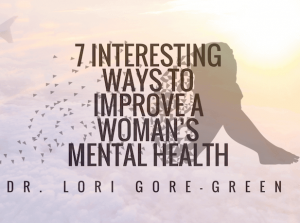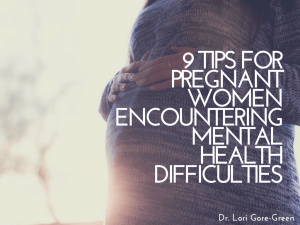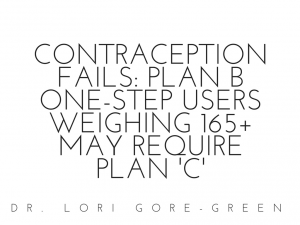When you’re pregnant, you want everything to proceed smoothly, with no hiccups or hurdles. Getting sick, then, is likely not at the top of your agenda. However, life tends to provide a number of expected twists and tumbles that can upend your plans. Catching the flu while you’re pregnant can seem terrible, but there are plenty of things to take into consideration as you heal and prepare for your baby’s arrival.
Immune System
While pregnant, the body’s immune system is weakened. There is a higher likelihood that a flue in a pregnant woman will develop into the more serious condition of pneumonia. Pneumonia can cause respiratory tract issues as well as dehydration; the combination of accelerated effects, if untreated, can result in contractions and premature labor. Ensuring you get plenty of rest, drink clear fluids, and maintain your energy can help you stay healthy and fight off an infection.
Medical Treatment
Though you may be wary about getting a vaccine while pregnant, it is completely safe to receive a flu shot while you are pregnant. You should do this at the start of flu season if applicable or at the earliest point in your pregnancy. Getting a flu shot will benefit you as well as your unborn baby; because of the way antibodies permeate the human body, your baby will be vaccinated against the flue for around 6 months after birth.
In addition to receiving the flu shot while pregnant, breastfeeding mothers will also experience no negative symptoms should they need the vaccine. Flu shots are the most effective and fast-acting method of preventing you from becoming ill.
In addition to vaccines, another treatment option is antiviral medicine that may be prescribed by your doctor. Antiviral medications can make symptoms milder, allow you to heal faster, and prevent severe developments like pneumonia.
If you are allowed to take OTC medication like Tylenol or Robitussin, you should consult with your doctor regarding the amounts and limitations of these pills. Some medications shouldn’t be taken at certain points during your pregnancy, so consult with your doctor to identify the most effective way to prevent any negative interactions or side effects from occurring.
Unviable Options
Though the nasal spray was once a valued option for the treatment of some communicable illnesses, the spray for the flu is not a suitable choice for a pregnant patient. For this reason (among others), the nasal spray has largely been made obsolete in treatment centers. Because the nasal spray entailed injecting what was essentially a live virus into the body; this is not safe for the patient or the unborn baby, so traditional vaccines or oral medication are preferred.
Being sick while pregnant can be distressing. However, catching the flu at this time does not mean you or your child need to suffer. There are treatment options available, both preventative and reactive, to support your immune system and ease your symptoms. Be careful of your interactions with others if you are sick, and take good care of yourself as best you can; with proper self-care and the aid of your doctor, a speedy recovery will be imminent.







